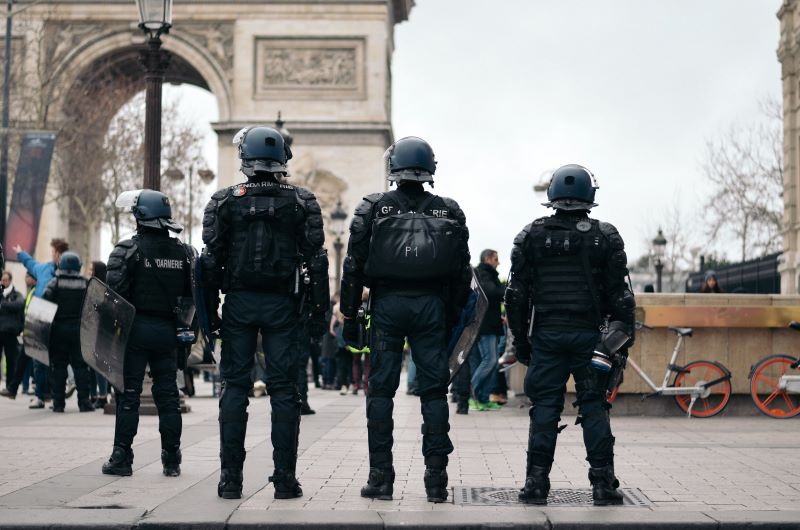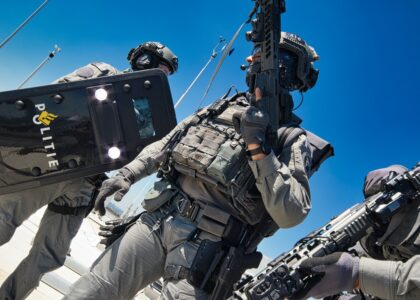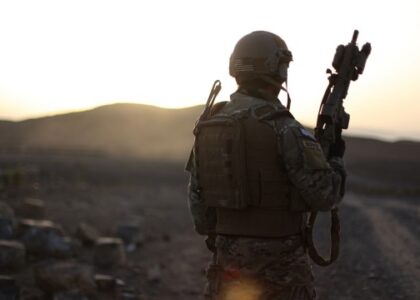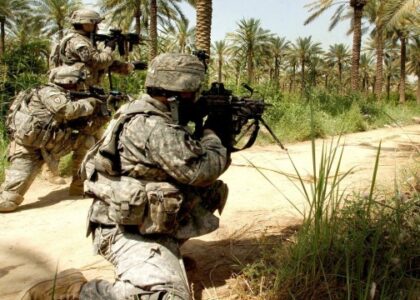Training to be a police officer and carry a gun and other police gear on behalf of the United States ranges from 10 to 36 weeks. Formal education is not usually required to work as a police officer; however, most departments are looking for and would rather go for those who have earned a degree and are ready and fit to tackle the higher levels of management.
MINIMUM REQUIREMENTS
- Police applicant must be a US citizen
- Applicants must also have a valid driver’s license and be at least 18 or 21 years old, depending on the police department policy.
- Applicants must be able to provide a clean criminal record, although some police departments may allow those with criminal records if their offences were minor. Felonies will disqualify any applicant from this profession.
- HIGH SCHOOL DIPLOMA OR GED
Getting a high school diploma or GED is the minimum formal education requirement for most police officers. However, many law enforcement organizations may prefer applicants with a bachelor’s degree, associate degree, or a certain number of postsecondary education credits.
- AN OPTIONAL BACHELOR’S DEGREE
A bachelor’s degree is usually needed for more advanced law enforcement positions, especially at the federal level, such as with the FBI or US Fish and Wildlife Service. Police departments are beginning to look favorably on applicants with college degrees more than ever before.
- LAW ENFORCEMENT ENTRANCE EXAM
Before getting admission into a police academy, applicants must achieve a good passing score on an entrance exam. The entrance exam taken will depend on the police academy and jurisdiction. Some of the tests given usually include Asset, Compass, practical use of police gear and Law Enforcement Examination.
- GRADUATION FROM THE POLICE ACADEMY
The police academy is where applicants receive the most important training that will allow them to serve as police officers. Training can last six months with a curriculum covering topics such as search and seizure, criminal statutes, traffic laws, firearms training, training on how to use other police gear and physical conditioning.
Follow along with our blog here.






Recent Comments